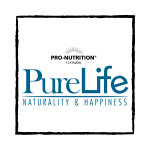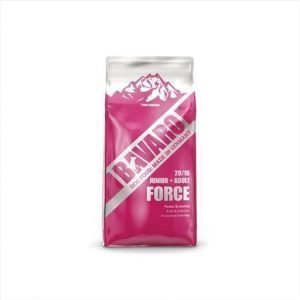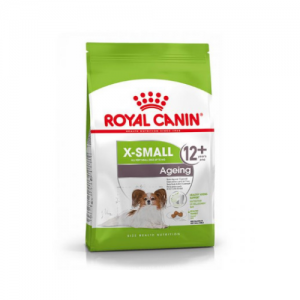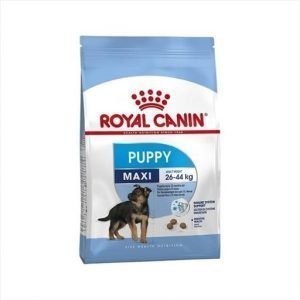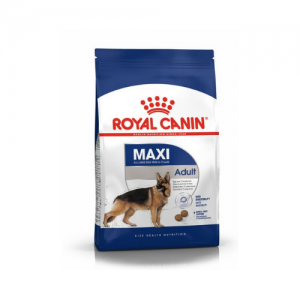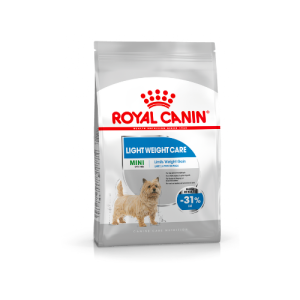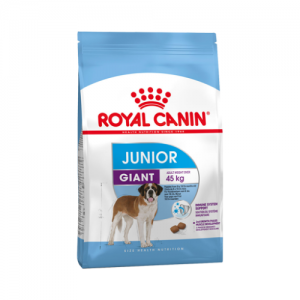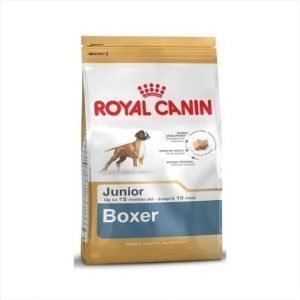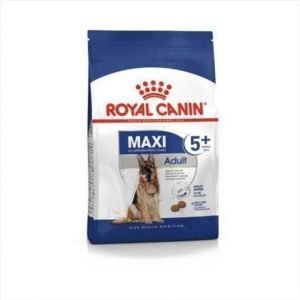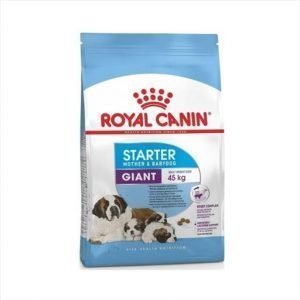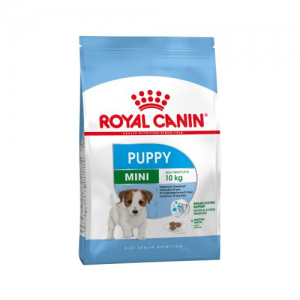€19.20 – €84.00
- Description
- COMPOSITION:
- NUTRIENT ANALYSIS:
Description
Easier digestion (hyperdigestible ingredients, vegetable carbon, clay, brewer’s yeast, psyllium fibres, aloe vera)
Pleasant, harmonious growth (chondroitin sulphate, glucosamine sulphate, hydrolysed cartilage)
Vitality guaranteed (fructo-oligosaccharides, yeast extracts)
Dehydrated animal proteins (23% min.) (chicken, duck, turkey, pork). Tapioca. Peas. Potato starch. Animal fat. Duck fat. Linseed. Apple fibres. Dehydrated fish (min 4%). Dehydrated salmon proteins (min 4%). Animal protein hydrolysates. Rapeseed oil. Brewer’s yeast. Artichoke. Clay. Fish autolysates (0,6%). Dehydrated carrots. Psyllium fibres. Melon. Blackcurrant. Fructo-oligosaccharides. Parsnips. Jerusalem artichoke. Tomato. Acerola. Algae. Vegetable carbon. Yeast extracts. Hydrolysed cartilage. Chondroitin sulphate. Glucosamine sulphate. Aloe vera. Rosemary extracts. Vitamins and trace elements.
Crude proteins 31 %. Crude fats and oils 18 %. Crude fibres 2 %. Inorganic matter 6,5 %. Calcium 1,4 %. Phosphorus 0,9 %. Sodium 0,33 %. Potassium 0,7 %. Magnesium 0,13 %. Linoleic acid 22 g/kg. Alpha-linolenic acid 11 g/kg. EPA + DHA 1,3 g/kg. Lysin 22,8 g/kg. Methionine 5 g/kg. Copper 21 mg/kg. Zinc 200 mg/kg (including Zinc chelate 80 mg/kg). Manganese 83 mg/kg. Iodine 3,2 mg/kg. Selenium 0,9 mg/kg (of which Organic selenium 0,2 mg/kg). Vitamin A 17000 UI. Vitamin D3 1100 UI. Vitamin E 220 UI. Vitamin B1 105 mg/kg. Vitamin B2 13 mg/kg. Pantothenic acid 52 mg/kg. Vitamin B6 12 mg/kg. Vitamin B12 0,28 mg/kg. Vitamin PP 39 mg/kg. Biotin 3 mg/kg. Folic acid 2,7 mg/kg. Vitamin C 49 mg/kg. Choline chloride 1800 mg/kg. Metabolisable energy 4200 kcal/kg.
40% of the whole of dehydration animal proteins contained in the food correspond to 75% in fresh equivalent. The fresh equivalent consists of the rehydration of the dehydrated
40% of the whole of dehydrated animal proteins contained in the food correspond to 75% in fresh equivalent. The fresh equivalent consists of the rehydration of the dehydrated animal products knowing that they contain to the maximum 6% of water whereas the fresh animal products have 75% of it.








